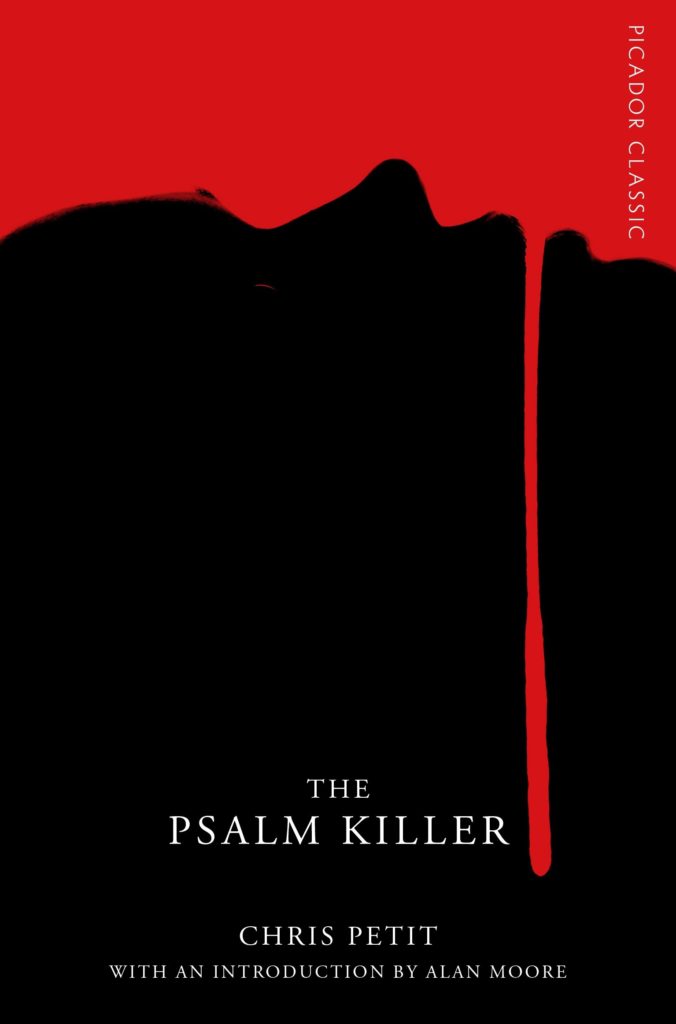FINDING a balanced perspective on the Troubles can be tricky. It requires wading through more than three decades of claims and counterclaims, propagandised accounts from both official and non-official sources, and deciding for ourselves whether what we’re being told is the truth or a piece of misdirection designed to conceal the full story. It can sometimes feel as though we’re pawing at a mirage. Just when we think we’ve reached something, it disappears before our eyes.
It’s no wonder the vast majority of fiction about the conflict has descended into trauma porn and sensationalisation. Popular narratives tend toward simplicity and in the face of diminishing interest from readers, authors are only too happy to paper over the morass with easy answers. It’s rare to find something willing to tackle the Troubles with complexity while still paying lip service to entertainment.
In this regard, Chris Petit’s ‘The Psalm Killer’ has no business being as good as it is. When I picked it up, the fact that its English author had a background in screenwriting almost made me baulk. I thought I had another ‘Say Nothing’ on my hands; another sexed-up oversimplification played for American and British audiences, who want to enjoy their Guinness in peace and suspend their critical thinking.
The premise is simple enough. Detective Inspector Cross and his plucky young sidekick WPC Westerby stumble upon a serial killer in 1980s Belfast. Cross is in an unhappy marriage. Westerby has a talent for getting on the wrong side of her misogynistic employers at the RUC. Together, they form an alliance in the face of British State conspiracy and an adversary so experienced, he seems to have a touch of the übermensch about him.
So far, so typical, except Petit - for all his fumbling over shibboleths and the occasional bum note when it comes to surnames (Cross’s snobbish protestant wife is called Deidre O’Neill) - doesn’t shy away from the intricacies of the dirty war. Bearing in mind that ‘The Psalm Killer’ was written in 1996, the fact that Petit tackles issues of British State collusion with Loyalist paramilitaries, police corruption and pockets of annihilating self-interest within Republican breakaway groups, is nothing short of remarkable.
Petit’s Troubles tableau seems to navigates this series of convoluted betrayals, hidden loyalties and agency state games with calculated ease. This is not to mention the terrifying antagonist at the centre of the book, Candlestick, who spins a web of ritualised violence so perfect that it operates convincingly as a synecdoche for the whole.
Petit, then, has done his homework. If you fancy delving into a thriller which captures the true extent of the Troubles’ paranoid atmosphere, you could do worse than pick up this 700 page tome. Just be aware that you might not make it through with all your nerves intact.


